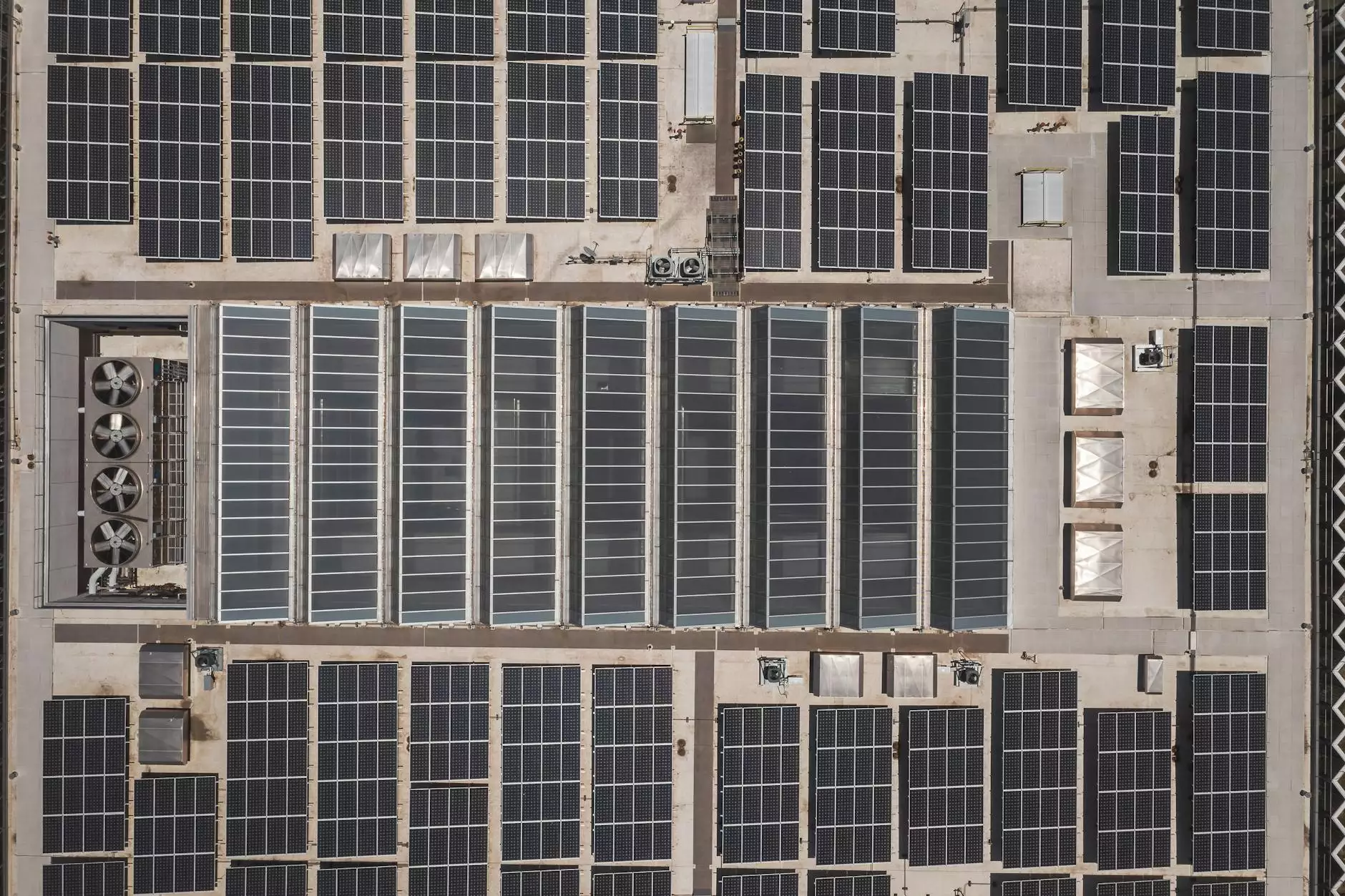Harnessing the Power of Solar: The Rise of Flexible Solar Panels

As the world increasingly turns to sustainable energy solutions, the advent of solar panel flexible technology stands at the forefront of this transformative shift. These innovative panels are not only lightweight and versatile, but they also offer an array of advantages that traditional solar panels simply cannot match. In this article, we will delve deep into the benefits of flexible solar panels, their applications, and how BMGREAT is poised to revolutionize the renewable energy sector.
What Are Flexible Solar Panels?
Flexible solar panels are a type of photovoltaic technology that is thin, lightweight, and bendable. Unlike the traditional rigid solar panels that are made from glass and aluminum, flexible panels are often composed of materials such as organic photovoltaics (OPVs) or thin-film solar cells. These materials allow for greater versatility in installation and application, making them suitable for a wide range of environments and uses.
The Advantages of Flexible Solar Panels
Flexible solar panels offer numerous benefits over their traditional counterparts. Here are some key advantages:
- Lightweight and Portable: Due to their reduced thickness and weight, flexible solar panels can be easily transported and installed in various locations, from rooftops to RVs.
- Versatility in Applications: These panels can be integrated into different surfaces, including curved and irregular shapes, such as boats, tents, and even backpacks.
- Lower Production Costs: The manufacturing process of flexible solar panels can result in reduced production costs, making them a more affordable option for consumers.
- Greater Energy Efficiency: With advancements in technology, flexible solar panels are becoming increasingly efficient, producing more energy in less space.
- Durability: Many flexible panels are made to withstand harsh environmental conditions, making them long-lasting and reliable even in extreme weather.
Applications of Flexible Solar Panels
The versatility of flexible solar panels lends itself to a multitude of applications. Here are some exciting areas where they are making an impact:
1. Residential Applications
Homeowners looking to optimize energy efficiency can utilize solar panel flexible technology to power their homes while blending seamlessly with home aesthetics. Whether placed on a rooftop or incorporated into building materials, flexible panels can provide discreet energy solutions.
2. Mobile Solutions
For those on the go, such as travelers and outdoor enthusiasts, flexible solar panels can be utilized on vehicles, boats, and camping gear. Their portability allows for easy charging of devices and appliances, promoting sustainability on all adventures.
3. Technology Integration
As technology advances, flexible solar panels can be integrated into everyday gadgets, such as backpacks, smartphones, and drones. This innovation brings renewable energy right to the consumer’s fingertips, enabling continuous energy access.
4. Industrial Uses
Flexible panels are also being explored for industrial applications where traditional solar panels may not fit. This includes integrating solar technology into the facades of buildings, vehicles, and other structures.
How Flexible Solar Panels Work
Understanding how flexible solar panels operate is key to appreciating their value. They function using the same principles as traditional solar panels, converting sunlight into electricity via the photovoltaic effect. The thin-film technology and organic materials used in flexible panels allow them to be produced in various shapes and sizes while still efficiently generating energy. Here’s a breakdown of the process:
1. Absorption of Sunlight
Flexible solar panels have materials coated with photovoltaic cells that absorb sunlight. The absorbed light energizes electrons in the material, initiating the flow of electricity.
2. Conversion to Electricity
The energized electrons move through the material, creating an electric current. This direct current (DC) is then converted to alternating current (AC) using an inverter for use in homes and industries.
3. Storage and Usage
This electricity can be used immediately, stored in batteries for later use, or fed back into the grid, showcasing flexibility in energy management.
Why Choose BMGREAT for Your Flexible Solar Panel Needs
BMGREAT stands out as a leading provider of high-quality solar panel flexible products. Here’s why customers trust BMGREAT:
- Innovative Technology: BMGREAT employs the latest advancements in solar technology, ensuring its products are at the forefront of efficiency and design.
- Customized Solutions: Understanding that every customer has unique needs, BMGREAT offers customized solar panel solutions tailored to individual requirements.
- Commitment to Sustainability: As a company invested in renewable energy, BMGREAT is dedicated to promoting sustainable living and reducing carbon footprints.
- Excellent Customer Support: From consultation to installation, BMGREAT provides comprehensive support, ensuring a seamless transition to renewable energy.
- Competitive Pricing: Offering cost-effective solutions, BMGREAT makes sustainable energy accessible for everyone.
Conclusion: A Bright Future with Flexible Solar Panels
As we move towards a more sustainable future, the innovations brought forth by flexible solar panels will play a pivotal role in our energy landscape. Coupled with the commitment to quality and customer service at BMGREAT, flexible solar technology not only enhances energy access but also supports global efforts to harness clean energy.
By choosing flexible solar panels, individuals and businesses alike can contribute to a greener planet while enjoying the economic benefits of renewable energy. The future is bright, and BMGREAT is excited to be a part of your journey towards sustainability!









